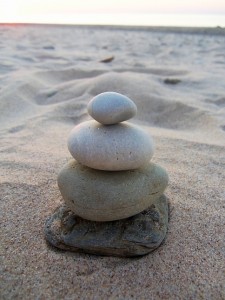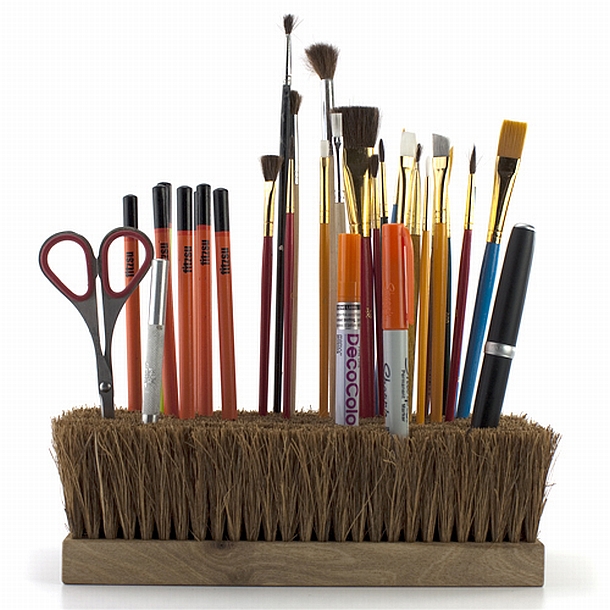
On the heels of Earth Day it’s important to stop and think. We are all connected. Forming one’s conscience isn’t about blindly following the rules. Instead it’s about asking, “whose rules?” or “who makes them and why?”
It’s about developing enough empathy to care about others and the planet with the way one lives, the life work one does and the policies and politics one supports.
More than an “Earth Day” we need an earth life. This requires ongoing education. Read. Read. Read. Learn more.
Watch Annie Leonard’s videos online: “Story of Stuff” and “Story of Bottled Water”
Recommended books to request from your library include Charles Eisenstein’s Sacred Economics, or Michael Pollen’s The Omnivore’s Dilemma.
You may also like Car, Bus, Train, or Plane? and Simple Living.


